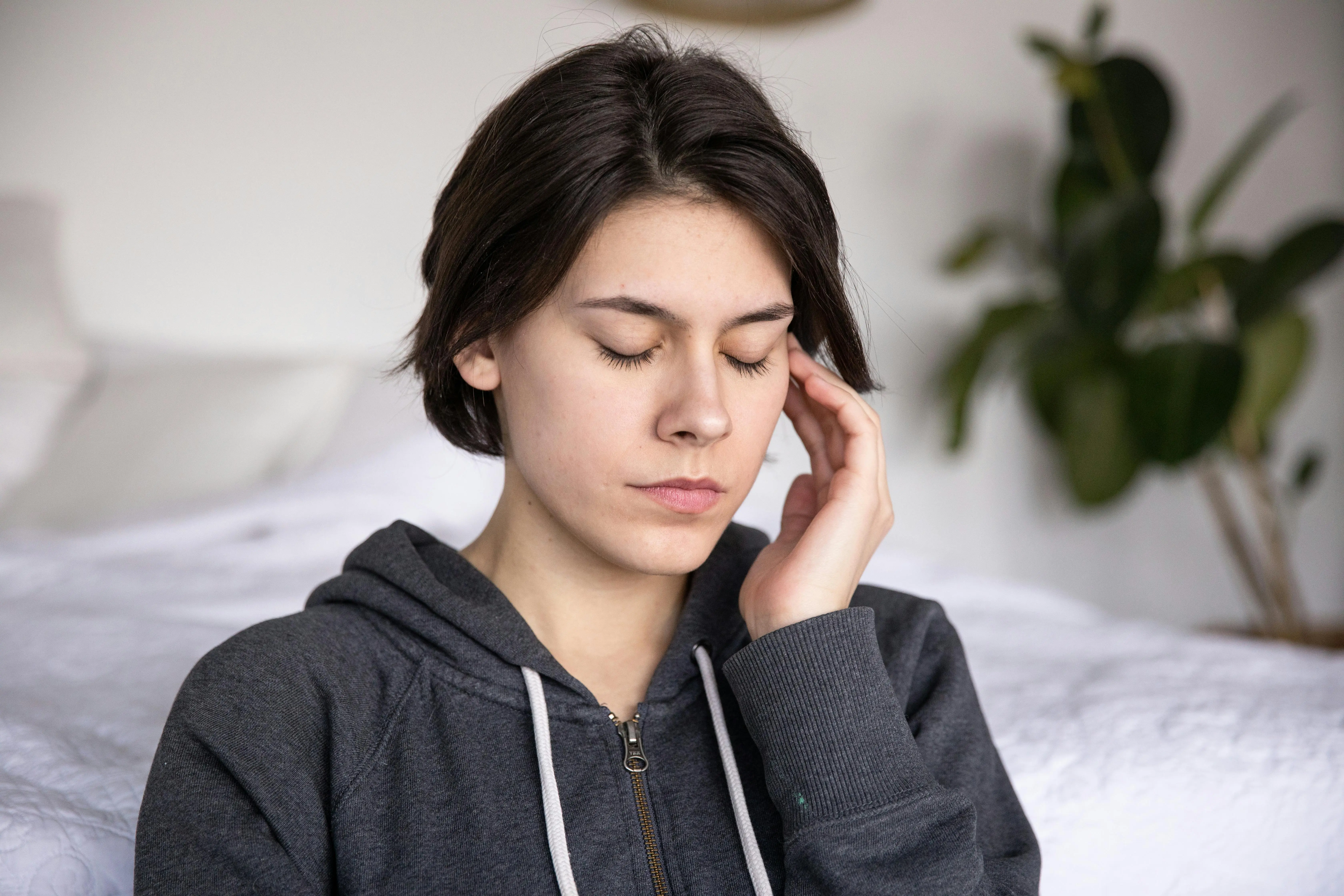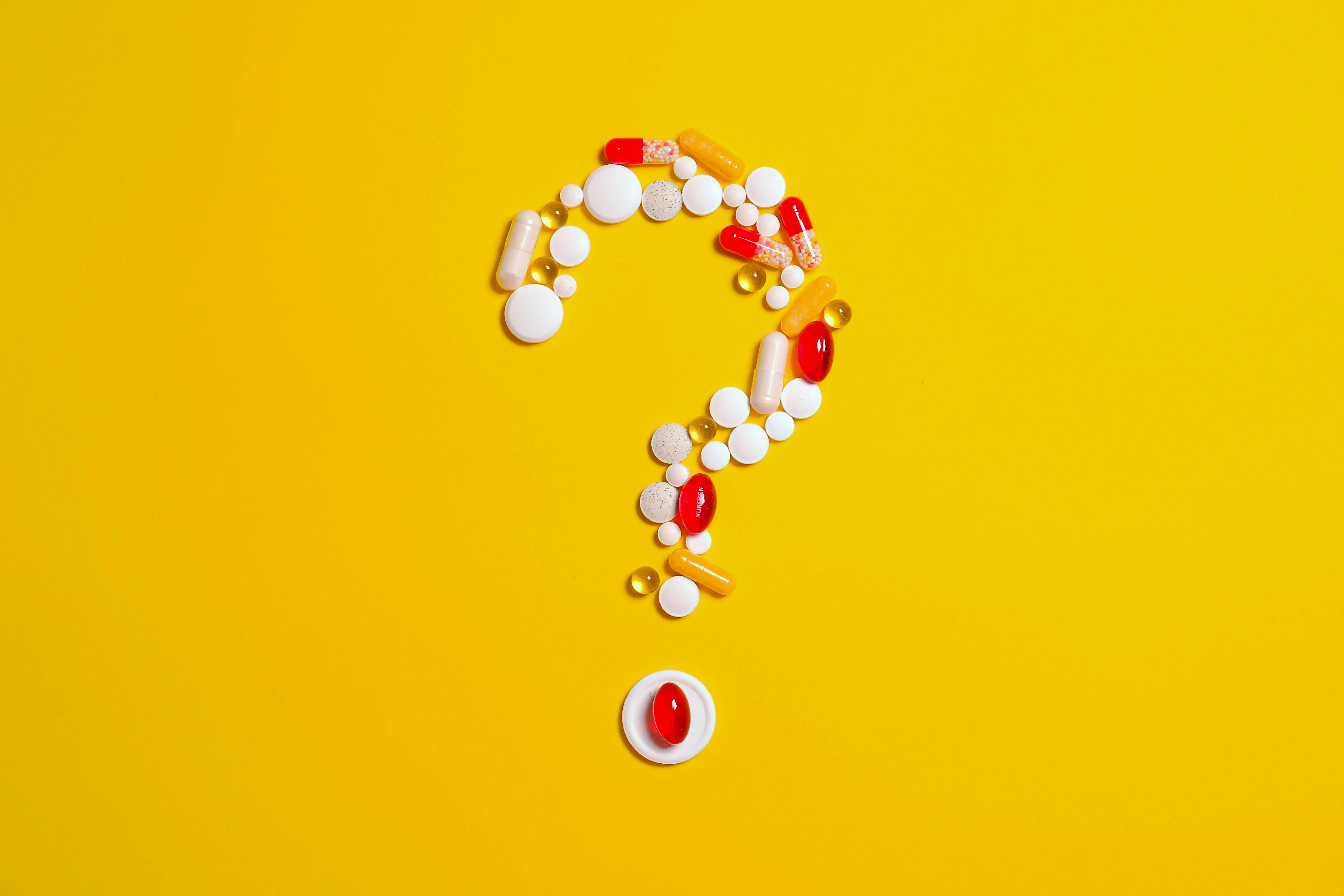ADHD and Autism
July 16, 2025

The following information and resources have been provided courtesy of The Lurie Center for Autism, a program of Massachusetts General Hospital and Mass General for Children.
The Lurie Center for Autism is committed to advancing treatments for and knowledge about Autism Spectrum Disorder (ASD) and other developmental disorders, and translating these discoveries into exceptional clinical care. A program of Massachusetts General Hospital and Mass General for Children, The Lurie Center is a multidisciplinary treatment, research, training, and advocacy organization dedicated to supporting individuals and their families across the lifespan.
This resource is intended to provide information so that you can be better informed. It is not a substitute for medical advice and should not be used to treat any medical conditions.
Does my child have both Autism and ADHD?
This is a very common question asked by our parents of our Autistic patients at the Lurie Center for Autism. Autism is an increasingly common condition, with 1 in 44 children in the U.S. having been identified with Autism, per the Centers for Disease Control (CDC)(1). Attention-deficit/hyperactivity disorder (ADHD) is even more common – with up to 9.8% of children aged 3–17 having ever been diagnosed with ADHD (2). It is also quite common to have both, with perhaps up to 70% of children with Autism having had an ADHD diagnosis in childhood.
Although Autism and ADHD often co-occur, they are clinically distinct conditions. Autism is characterized by having differences in social communication skills and certain repetitive patterns of behavior that are problematic to a person’s wellbeing. ADHD is characterized by having difficulty paying attention, being quick to react or impulsive, and hyperactivity to the extent that it impacts their daily functioning.
In some cases, families may also explore related health overlaps such as POTS and autism, since co-occurring conditions can add complexity to diagnosis and daily management. Research has also highlighted connections between ADHD and POTS, which can further complicate symptom recognition and treatment decisions for families navigating multiple diagnoses.
Like Autism, the diagnosis of ADHD is largely based on expert clinical judgement, based on established criteria (3). Your doctor at the Lurie Center may ask for standardized rating scales to be completed by caregivers, educational or behavioral providers, or the patient themselves. In some situations, detailed neuropsychological testing may be needed to help distinguish between ASD and ADHD-related symptoms.
Natural treatments for ADHD involve a healthy diet, plenty of exercise, and plenty of sleep. Behavioral and educational interventions are strongly recommended. Occupational therapy can also be beneficial. Prescribed medications can also be an effective part of treatment and should be considered for those aged 6 years or older for whom educational and behavioral therapy is insufficient, and, depending on the degree of symptoms, upon discussion with your doctor at the Lurie Center.
For more information about ADHD – see:
- CHADD.org;
- www.healthychildren.org/English/health-issues/conditions/adhd/Pages/default.aspx
- www.aacap.org/aacap/Families_and_Youth/Resource_Centers/ADHD_Resource_Center/Home.aspx
Sources:
- https://www.cdc.gov/ncbddd/autism/data.html
- https://www.cdc.gov/ncbddd/adhd/data.html
- https://www.cdc.gov/ncbddd/adhd/diagnosis.html
Revised 10/2022.
This is a div block with a Webflow interaction that will be triggered when the heading is in the view.
















.png)

